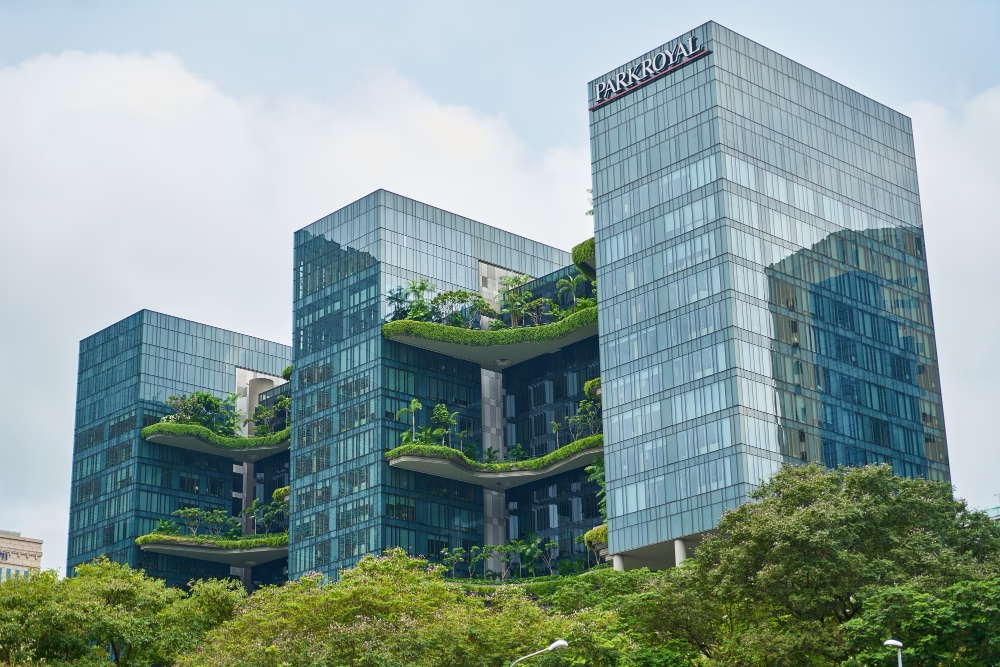
Urban Design Services That Meet Australian Green Building Standards
Discover how urban design services help meet Australian green building standards. Learn how Smart Planning and Design supports sustainable, compliant projects.
read more

The way we design our cities has a profound impact on our daily lives, influencing everything from how we move to the choices we make about food. Increasingly, urban planners and designers are recognizing the powerful role they play in fostering more sustainable food practices. By thoughtfully shaping the urban landscape, we can create environments that encourage healthier eating, reduce food waste, and support local food systems.
Understanding the Link Between Urban Design and Food Practices
The built environment subtly guides our behaviors. The availability of grocery stores, the presence of farmers markets, the design of public spaces, and even the infrastructure for waste management all contribute to the food choices we make and the amount of food we waste.
Designing for Local Food Production and Accessibility
One of the most direct ways the urban landscape can promote sustainable food practices is by facilitating local food production and making it more accessible:
Shaping Behaviors Through the Design of Public Spaces
The design of public spaces can also influence food-related behaviors in more subtle ways:
The Role of Green Infrastructure in Sustainable Food Systems
Green infrastructure, beyond just parks and green spaces, plays a vital role in supporting sustainable food systems:
Policy and Planning Frameworks that Support Sustainable Food Practices
Urban planning policies are essential for creating a supportive environment for sustainable food practices. This can include zoning regulations, incentives, and policies that support food-related infrastructure.
Case Studies: Cities Leveraging Urban Design for Sustainable Food
Around the world, there are inspiring examples of cities that are successfully integrating urban design to promote sustainable food practices.
The Future of Urban Foodscapes: Designing for Resilience and Sustainability
As we look to the future, the integration of food systems into urban design will become increasingly important for creating resilient and sustainable cities.
Smart Planning and Design: Creating Food-Sensitive Urban Environments
At Smart Planning and Design, we recognize the critical link between the urban landscape and sustainable food practices. We strive to incorporate considerations for local food production, accessibility, and waste reduction into our planning and design projects.
Conclusion: Shaping a Healthier and More Sustainable Future Through Urban Design
The urban landscape has the potential to be a powerful catalyst for sustainable food practices. By thoughtfully designing our cities to support local food production, promote healthy eating, and reduce food waste, we can create more resilient, equitable, and environmentally friendly urban environments for generations to come.
Interested in exploring how Smart Planning and Design can help your community integrate sustainable food practices into your urban landscape? Explore our projects archive or contact our team to discuss your specific needs.

Discover how urban design services help meet Australian green building standards. Learn how Smart Planning and Design supports sustainable, compliant projects.
read more

Discover the benefits of mixed-use developments in town planning Australia. Learn how they boost convenience, sustainability, and community connection.
read more

Discover why feasibility studies are essential in town planning Australia. Learn how they save time, reduce risks, and improve approval chances.
read more